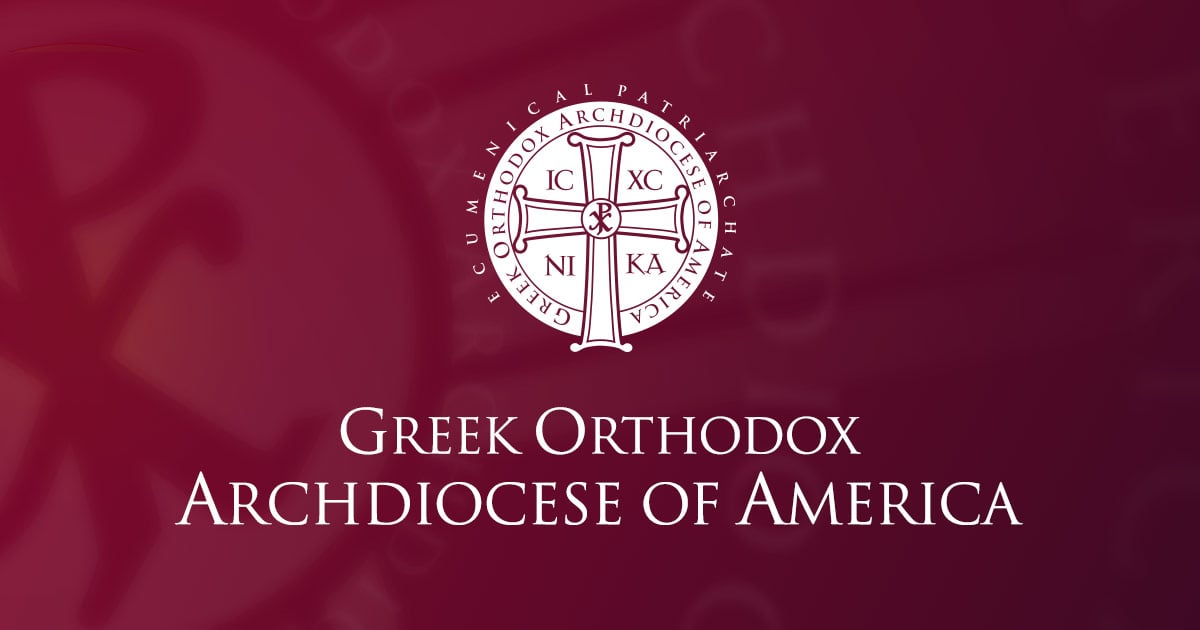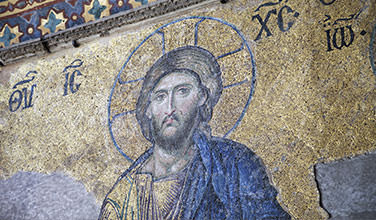d_kakavouli
Active member
Here are a few useful calendars I've found

 www.allsaintsnc.org
www.allsaintsnc.org
Εορτολόγιο Ελληνικών Ονομάτων - Orthodox Greek Namedays
ΕΟΡΤΟΛΟΓΙΟ Ελληνικών ονομάτων (eortologio) - εορτολόγιο - εορτολογιο - γιορτές - Greek name days (namedays)
www.eortologio.gr
Orthodox Saints Calendar – All Saints Orthodox Church
 www.allsaintsnc.org
www.allsaintsnc.org




